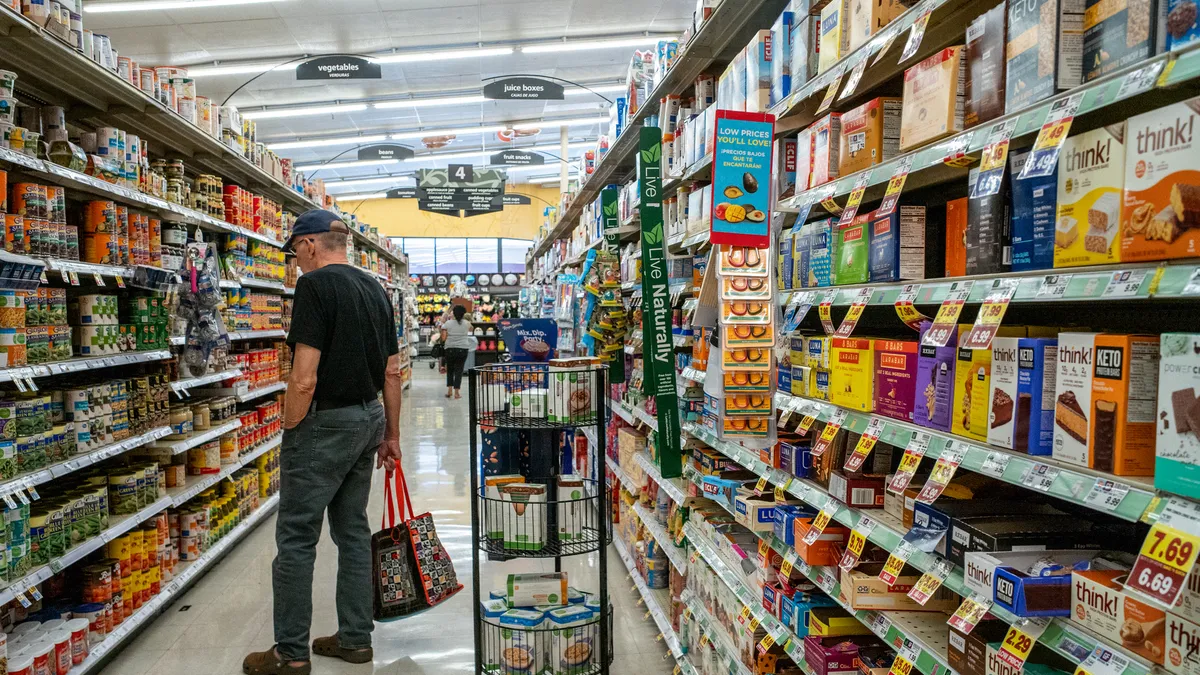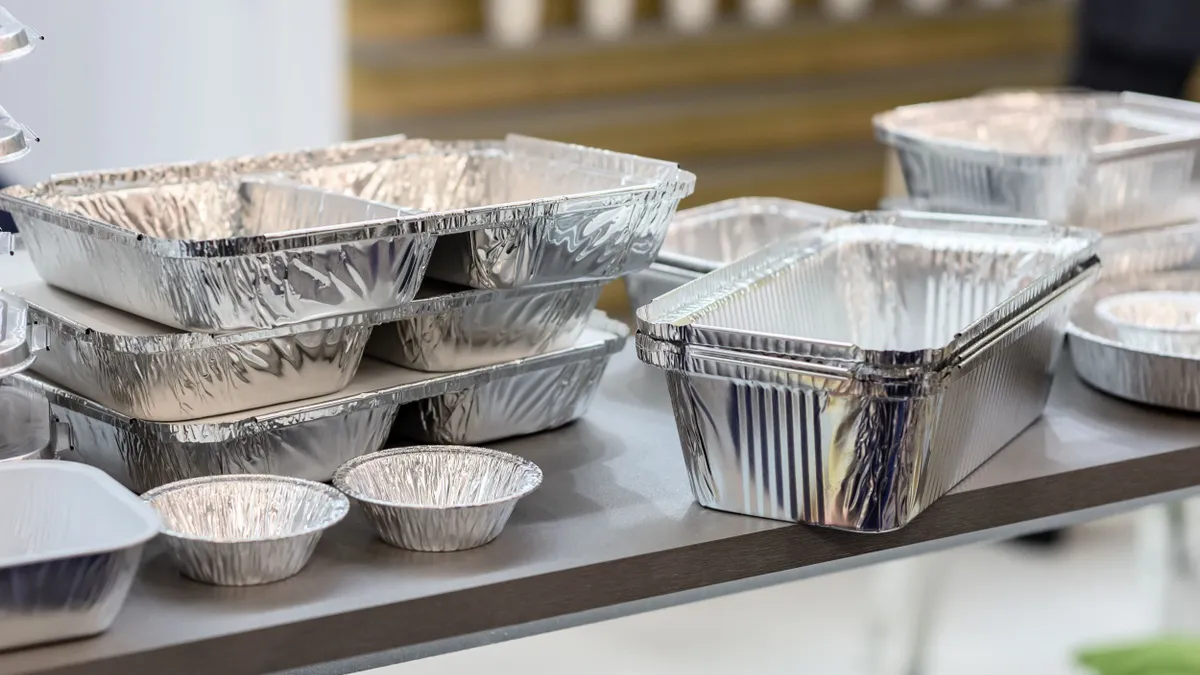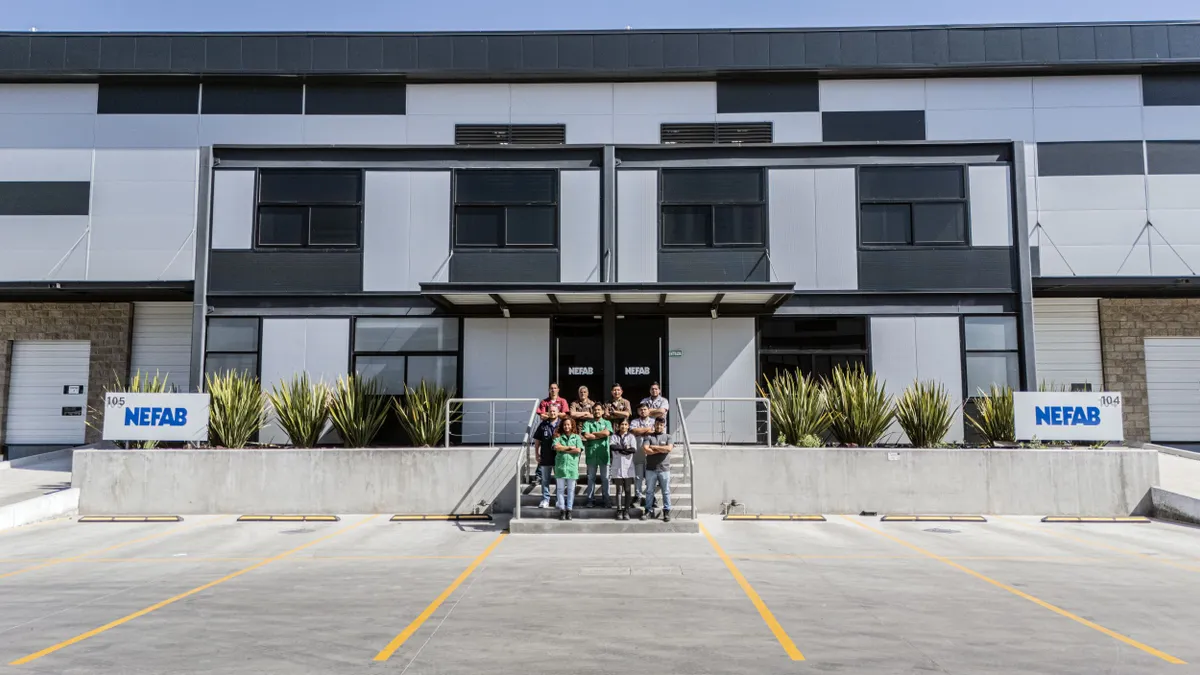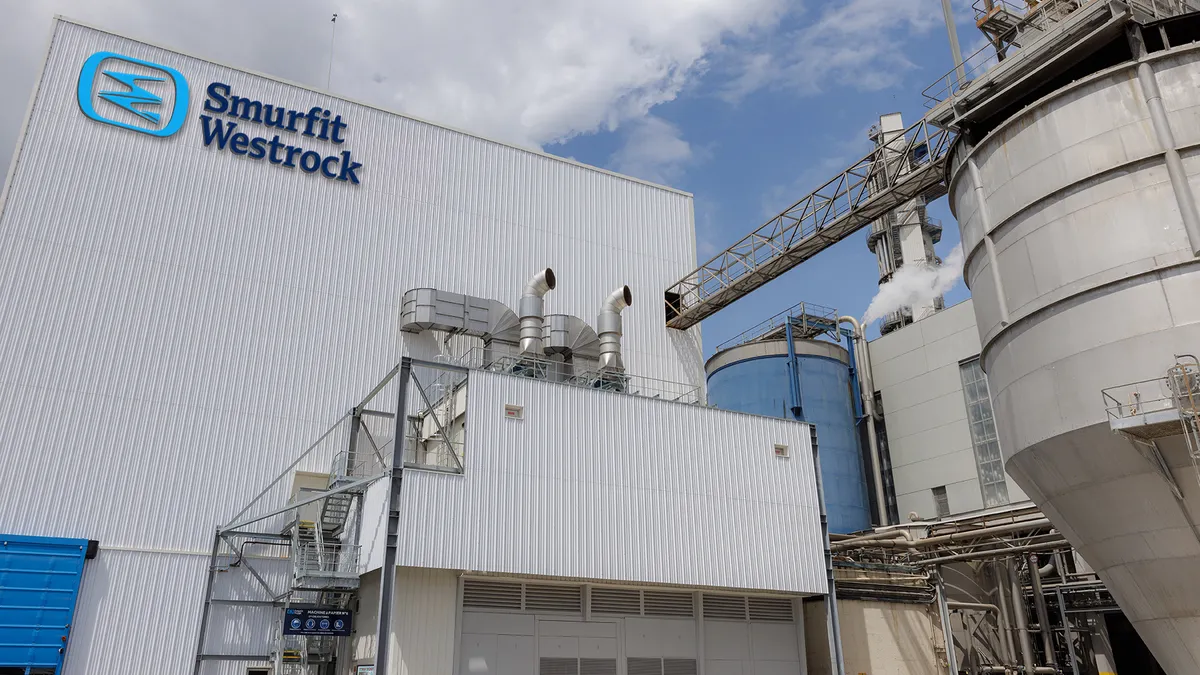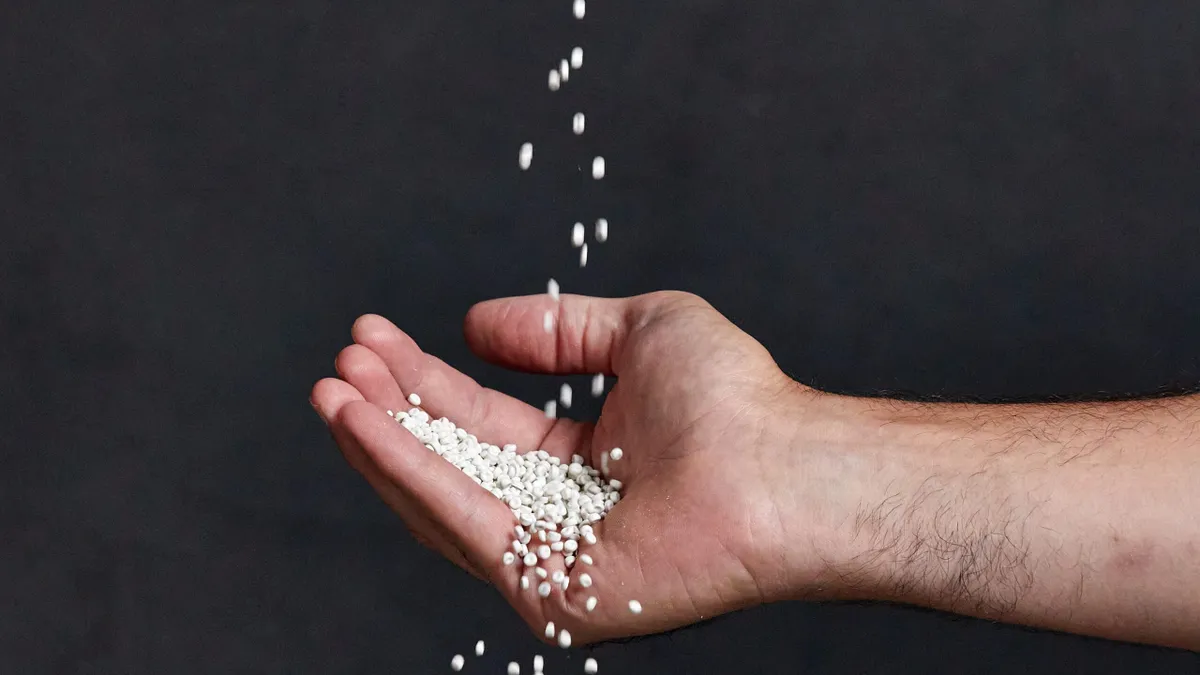Numerous packaging manufacturers saw hits to volumes in the first quarter of 2023 related to the continued effects of destocking, with executives detailing inventory issues on earnings calls.
Here’s more of what companies said about demand trends in Q1 and projections for the remainder of the year.
Paper and corrugated products
Pactiv Evergreen CFO Jon Baksht struck a note of optimism during a Tuesday earnings call. "The destocking that impacted our fourth quarter volumes was largely completed during the first quarter. So we expect that particular headwind to subside for the remainder of 2023,” he said.
At WestRock, CEO David Sewell said that “on the domestic side, I think we're getting through most of the destocking that needs to occur.” Sewell added that customers are talking about the second half of the year with “just a little bit more optimism.”
International Paper CEO Mark Sutton also expressed more optimism about the latter half of 2023. “Although we believe most of the destocking through the retail channel has been resolved, destocking continues throughout the rest of the supply chain, especially with manufacturers and many of our customers,” Sutton said. “We believe this will run its course through the second quarter, resulting in an improved demand environment in the second half of the year."
The first part of the second quarter has already shown promise, IP CFO Tim Nicholls suggested. “We also believe the majority of destocking will be completed in the first half of the year, and considering our performance in April, and looking at order backlogs, we expect sequentially higher volume in the second quarter.”
IP Chief Commercial Officer Tom Hamic added that a normalization of demand is expected when the U.S. economy recovers.
Thomas Hassfurther, Packaging Corporation of America’s executive vice president of corrugated products, echoed those ideas. "As we look to the second quarter, we expect the inventory destocking of both customer product and boxes to be near completion." Regarding demand, Hassfurther said, "The good news is that there's been a big turnaround starting in April. ... Given the fact that we're double digits ahead of where we [were] in March is a huge improvement. And it's across all of the sectors."
Metal and glass packaging
Crown Holdings saw lower-than-expected demand around Chinese New Year that executives said has resulted in excess inventories in Asia. Higher retail prices, inflation and slowing economies also contributed to lower overall demand.
Broadly, CEO Tim Donahue said, “We are trying to drive inventory values down to take risk out of our system. We and others carried far too much risk into the third and fourth quarters last year as sales did not materialize, and we are very focused on not carrying that risk anymore in the future. So we are going to be a little bit more cautious as to how much we carry.”
Ball is continuing “to bring down raw coil and finished goods inventories and return to our just-in-time supply chain management versus the just-in-case supply chain requirement during the pandemic and extended period of higher-than-planned growth for beverage cans,” said CEO Dan Fisher. The company is taking downtime at some facilities to get inventories right.
At Sonoco, CEO Howard Coker said results were up on the food can side and down on the aerosol side, where some customers’ destocking activities have extended longer.
Shipments were down for O-I Glass during Q1 amid softer than expected demand. The company believes underlying demand was down about 2% to 3%. CEO Andres Lopez said volumes were impacted by some customer destocking as well as softer consumer demand in some markets — including in parts of Europe and Mexico — notably across beer, food and non-alcoholic beverage categories. Lopez also said that supply chain destocking is the primary reason for underlying demand going down at this point in time.
Plastics
In the world of plastic packaging, "We anticipate little change in the behavior relative to destocking. But frankly, we also realize it can't continue forever. We'll get to a normalized demand environment. So I think as that happens, you'll see more of an order inventory balance,” said Tom Salmon, CEO of Berry Global. “Overall, our demand is going to look very similar to large CPG global customers we serve.” Berry foresees more stable food and beverage demand in the back half of 2023.
Amcor highlighted destocking in categories affected by supply chain constraints the past two years that led to “over-ordering in some cases to buttress against those challenges,” said CEO Ron Delia, with premium coffee and protein as examples of categories affected.
“Given that we're talking about fast-moving consumer goods, any destocking should be relatively short-lived. The caveat to that is as consumer demand comes down, that means more inventory needs to come out of the system,” Delia said, estimating that destocking could continue for another couple of quarters, particularly in more seasonal businesses.
SEE, formerly known as Sealed Air, also expects destocking to ease by the end of the first half of this year. It was particularly heavy in the Americas for the e-commerce fulfillment segment, said Treasurer Susan Yang.
Regarding Silgan’s trigger sprayer products in its dispensing and specialty closures segment, including in lawn, garden and home products, CEO Adam Greenlee said destocking appears to be done.




